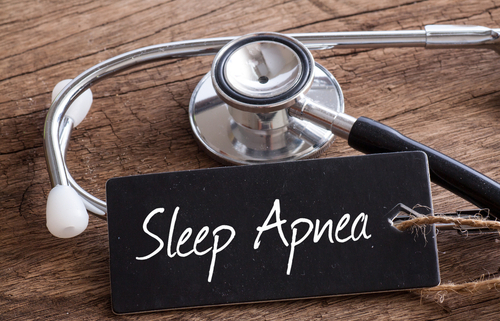Sleep Apnea in Dogs
Sleep apnea, insomnia, and narcolepsy are among the common sleep disorders in dogs and cats. Like the way sleep apnea affects humans, it can cause dogs to suddenly stop breathing throughout the night. Your dog may have sleep apnea if:
- they snore loudly while sleeping
- they are a breed with a short nose that has shorter airways
- they are older
- they have allergies that inflame and block their airways
- they are overweight
What do you do if your dog has sleep apnea? First, there is no need to panic! It’s normal for a pet to snore occasionally due to award sleeping positions or a great sleep. You need to consult your veterinarian immediately if your pet exhibits any breathing issues. The thing about sleep apnea is that it can develop very slowly in pets. Therefore, it is important to monitor how they sound when they sleep over time.
High blood pressure, stroke, heart disease, and diabetes may be a result of untreated sleep apnea. You should also keep an eye out for nasal discharge, coughing, sneezing, or sores. These may be indicators that your pet has a cold or respiratory infection that can most likely be cleared up with antibiotics. However, if your pet does have sleep apnea the most common treatment method involves surgery, the use of antibiotics to clear up allergies, and weight loss, depending on what is causing the sleep apnea.



